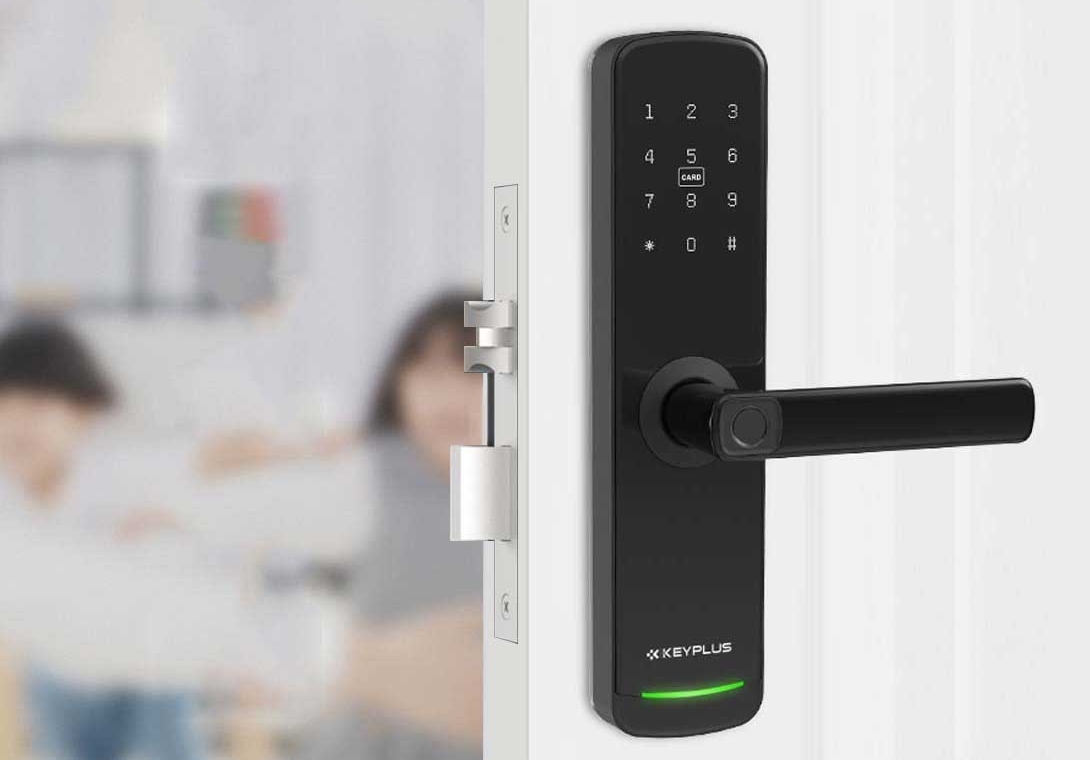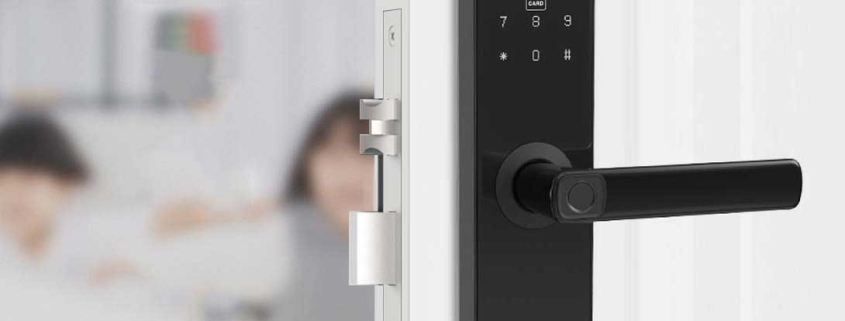Can a Bedroom Door Be Equipped With a Smart Lock?
Smart locks are commonly used on front doors, but many homeowners wonder: Can you install a smart lock on a bedroom door?
The answer is yes—but there are important factors to consider, including security, privacy, and practicality. In this guide, we’ll cover:
-
Pros and cons of bedroom smart locks
-
Best smart lock types for interior doors
-
Installation challenges
-
Privacy & safety concerns
-
Top recommended models
By the end, you’ll know whether a smart lock is right for your bedroom—and how to choose the best one.
1. Why Install a Smart Lock on a Bedroom Door?
While not as common as exterior smart locks, bedroom smart locks offer several benefits:
Advantages
Enhanced Privacy – Prevent unauthorized access (useful for roommates, Airbnb, or teens).
Child Safety – Keep kids out of restricted areas (e.g., home offices, storage rooms).
Convenience – Keyless entry for frequently used rooms (no fumbling for keys).
Home Automation – Sync with smart lights, voice assistants, or security systems.
Disadvantages
Potential Lockouts – If the battery dies or Wi-Fi fails, you could get stuck outside.
Installation Issues – Not all smart locks fit interior door designs.
Overkill for Some – A simple manual lock may suffice for basic privacy needs.
2. What Types of Smart Locks Work on Bedroom Doors?
Not all smart locks are ideal for interior doors. The best options include:
A. Keypad Smart Locks
-
No keys needed – Unlock via PIN code.
-
Best for: Rentals, shared homes, childproofing.
B. Bluetooth-Enabled Smart Locks
-
Auto-unlock when your phone is near.
-
Best for: Personal bedrooms (no remote access needed).
C. Fingerprint Smart Locks
-
Biometric entry – Fast and keyless.
-
Best for: High-security needs (e.g., home offices).
D. Retrofit Smart Locks (For Existing Knobs)
-
Attaches to current interior door handles.
-
Best for: Easy installation without replacing hardware.
3. Installation: Can a Smart Lock Fit Your Bedroom Door?
Before buying, check these compatibility factors:
A. Door Thickness & Backset
-
Most smart locks require a 1⅜” to 1¾” thick door.
-
Backset (distance from edge to hole center) should be 2⅜” or 2¾”.
B. Existing Lock Type
-
Deadbolts – Easy to replace with smart deadbolts.
-
Knob Locks – May need a retrofit solution.
-
Mortise Locks – Rare in bedrooms; harder to automate.
C. Power Source
-
Battery-powered (most common).
-
Hardwired (rare, requires wiring).
Pro Tip: If your bedroom door has no existing lock, you may need to drill holes for installation.

4. Privacy & Safety Concerns
A. Risk of Lockouts
-
If batteries die or Wi-Fi fails, you could be locked out.
-
Solution: Choose a model with manual key override or 9V battery backup.
B. Unauthorized Access
-
Hackers could exploit weak Wi-Fi locks.
-
Solution: Use Bluetooth-only or fingerprint locks for better security.
C. Fire Safety
-
Some building codes prohibit keyless locks on bedrooms (blocking emergency exit).
-
Solution: Check local regulations before installing.
5. Alternative Solutions
If a smart lock seems excessive, consider:
-
Manual keypad locks (no Wi-Fi, but still keyless).
-
Door sensors + alarms (notifies if someone enters).
-
Traditional key locks (cheaper but less convenient).
7. Final Verdict: Is a Smart Lock Right for Your Bedroom?
Choose a smart lock if you:
-
Share your home with roommates or renters.
-
Want keyless convenience for frequent access.
-
Need childproofing or privacy control.
Skip it if you:
-
Prefer a simple, low-tech solution.
-
Have fire safety concerns.
-
Don’t want to deal with battery changes.
Conclusion
Yes, you can install a smart lock on a bedroom door—but it’s not always necessary. For enhanced privacy and keyless convenience.
Would you use a smart lock on your bedroom door? Share your thoughts below!









